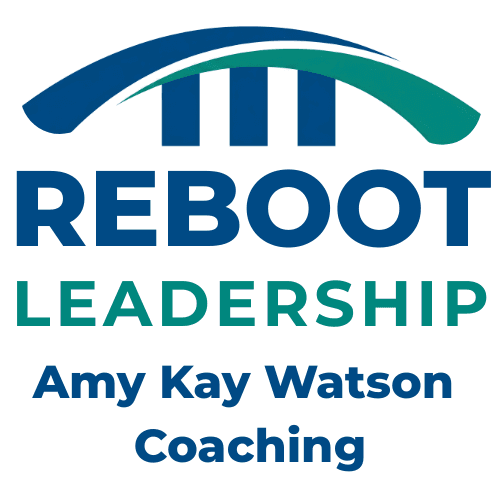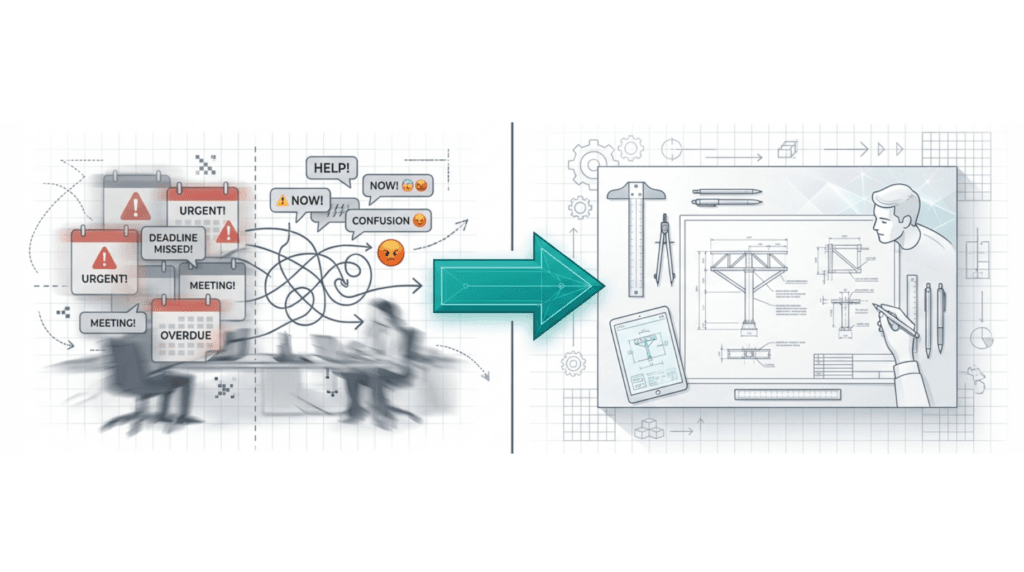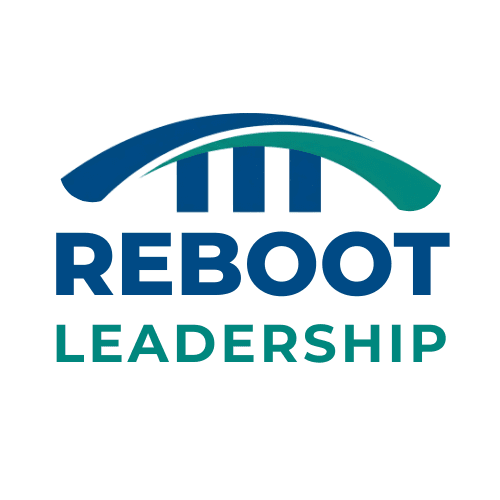In my last article, we looked at the reactive impulses that often steer our leadership when the stakes are high. Whether we find ourselves over-functioning to “rescue” a project or leaning into rigid control to “enforce” a result, these responses are often just different ways of trying to resolve the same thing: the Accountability-Support Tension.
Author Archives: Amy Kay Watson
This is one article in a series of three that are all about saying “NO” strategically. This one focuses on how to turn down a promotion that doesn’t fit your goals without sabotaging your career advancement. The other two center on (1) how to reclaim your time and energy when you’ve built your career on
You care about your team. That’s not the problem. The problem is that caring has started to feel like a trap. When you want to set a boundary, you worry you’ll come across as cold. When you want to push back on a request, you second-guess whether you’ll be seen as unreasonable. Every time you
Sarah had told her team a dozen times: “Don’t worry about the weekends. You’ve got it covered.” But she couldn’t stop herself from calling anyway. Every Saturday morning, she’d check in. Every Sunday afternoon, she’d send a quick message. Just to make sure everything was okay. Just to make sure no one was struggling. It
Forget “New Year, New Me.” You don’t need a new identity; you need a more reliable way to navigate the pressure you’re already under. The start of the year may inspire in leaders a wave of promises to be more present, more firm, or more in-tune with the team. Whether your reset button is January
The formal launch of Reboot Leadership LLC. If you’ve been following my social media lately, you’ve noticed a theme. I have been posting relentlessly about Rebooting the PIP. I’ve been talking about it because the Performance Improvement Plan is the “canary in the coal mine” for organizational culture. When the PIP is broken (and it
I spent several years of my career facilitating Senn Delaney culture-shaping sessions, first for The Ohio State University, and then for Hertz Global Holdings. Senn Delaney, since acquired by Heidrick & Struggles, was the firm that effectively invented corporate culture shaping. If you’ve attended a similar session, you’ve seen the Accountability Ladder: The concept can
A client recently told me, “I know perfectionism is supposed to be bad, but I can’t let it go. It’s the reason my work is better than everyone else’s.” She isn’t entirely wrong. But she is scientifically misunderstanding the engine of her success. Research in organizational psychology draws a sharp line between two distinct traits
You don’t want to be a victim of the Peter Principle, which says that people are promoted based on their tenure or their success in a previous role, irrespective of their capacity to excel in the new position. How do you decide like this when so much is at stake? No matter what you choose, you have lost what might have been your dream job in the other direction.











